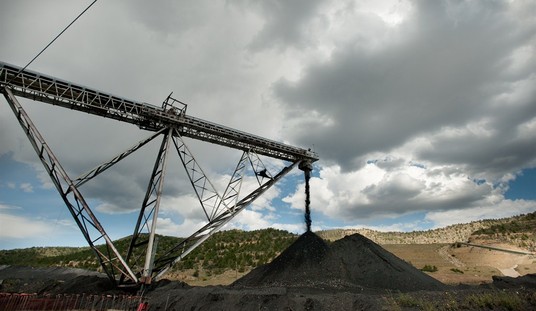In the comments thread below yesterday’s post on Lebanese martyrs, someone mentioned the “death cult” in the Middle East. Another person said he thought it was creepy that martyrs are celebrities.
I’m inclined to agree, but I don’t quite.
First of all, Rafik Hariri, Samir Kassir, and May Chidiac did not blow themselves up for glory. They were murdered and maimed by others, almost certainly by Syrian intelligence agents. The ever-popular phrase “death cult” was coined to describe troubled Palestinian teenagers who yearn for the respect of their peers through self-detonation and murder.
Second, Samir Kassir and May Chidiac were already celebrities before they became targets. Samir wrote for An-Nahar, Lebanon’s most prestigious newspaper. May was (and hopefully still will be) a talk show host.
But the biggest reason I’m not repulsed by this public display of anger and grief and remembrance is because it is very much the opposite of the way things used to be in this country. Thomas Friedman in From Beirut to Jerusalem explains how it was during the war.
It was the ever-present prospect of dying a random senseless death that made Beirut so frightening to me. Ever since the start of the Lebanese civil war, much of the fighting in Beirut has consisted of sniping or shelling from great distances; those doing the fighting often have no idea where where their bullets or shells with land, and they care even less. When car bombs came into vogue in the late 1970s, life on the Beirut streets became even more terrifying, since you never knew whether the car you were about to walk past, lean on, or park behind was going to burst into a fireball from two hundred pounds of dynamite packed under its hood by some crazed militiaman…
Death had no echo in Beirut. No one’s life seemed to leave any mark on the city or reverberate in its ear.
Hana Abu Salman, a young psychology researcher whom I got to know at the American University of Beirut, once did a project interviewing her classmates about their deepest anxieties. Among their greatest fears, she found, was this fear of dying in a city without echoes, where you knew that your tombstone could end up as someone else’s doorstep before the grass had even grown over your grave.
“In the United States if you die in a car accident, at least your name gets mentioned on television,” Hana remarked. “Here they don’t even mention your name anymore. They just say ‘thirty people died.’ Well, what thirty people? They don’t even bother to give their names. At least say their names. I want to feel that I was something more than a body when I die.”









Join the conversation as a VIP Member